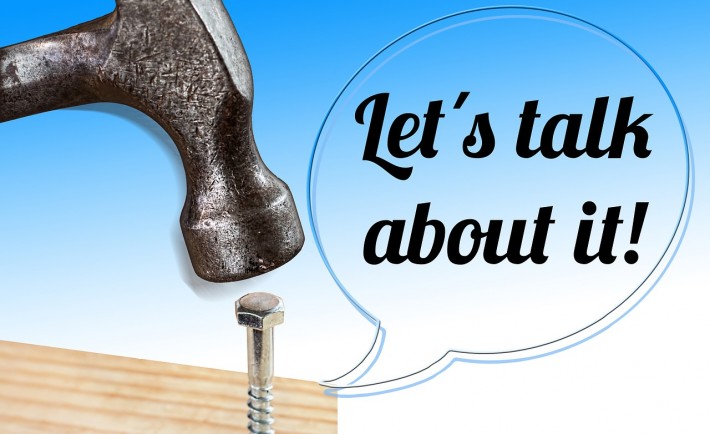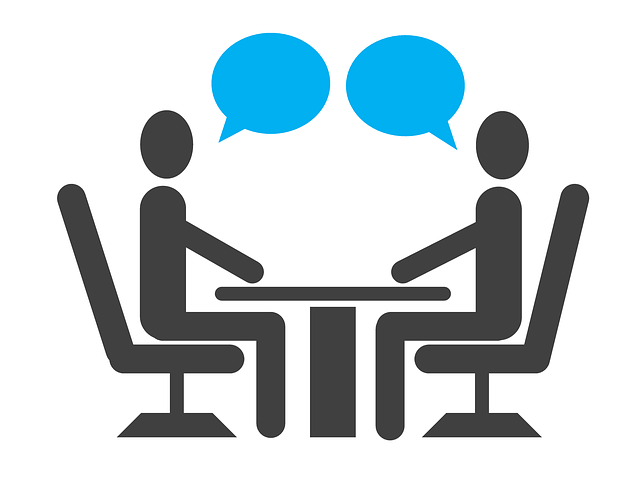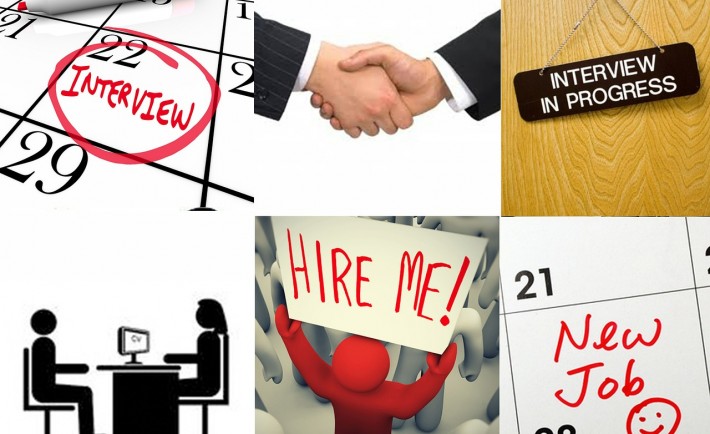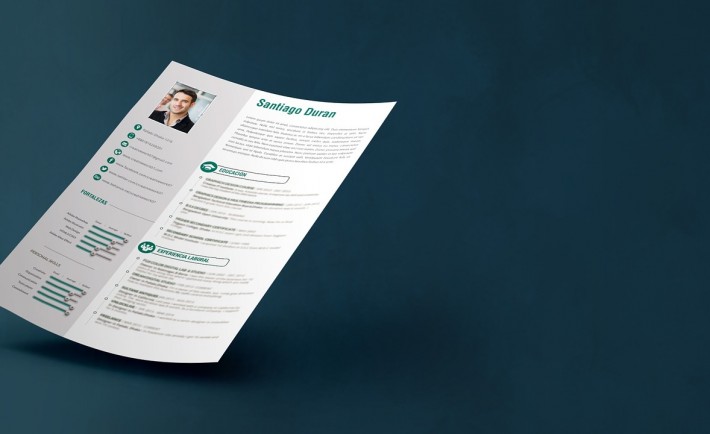The minute that you walk into the door, the pressure is on! You have to make a standout first impression.
Be remembered in the best way possible with these helpful tips:
DRESS THE PART
Whether you are in favor of it or not, we live in a society where we are constantly judged by how we look and how we carry ourselves. This is why it is important to dress for success before entering the interview room.
For women, it is recommended to wear moderate makeup. Women who decorate their faces with makeup seemed to rank higher in trustworthiness and competence according to several studies. Moreover, a study in the American Economic Review found that women who wore makeup made 30% more than their co-workers who did not wear makeup.
For men, appearing to workout regularly makes boosts your appeal. Topping it off with the sleek clothes that you are comfortable with can affect the way that people perceive you.
HAVE A FIRM HANDSHAKE
As a sign of politeness, handshakes are internationally accepted and encouraged. Start the interview with a bang by having a firm handshake that lasts for 2-5 seconds. A firm handshake is in between the incredibly tight and limp handshakes. You want to convey that you are confident and excited.
ARRIVE ON TIME
It is ideal to arrive about 10 minutes in advance for an interview. This allowance will give you enough time to settle in, calm your nerves, and lounge at the reception area. Arriving too early makes you seem excessively eager. On the other hand, arriving late for an interviews makes you seem unreliable and irresponsible. You do not want that!
Commit to the optimum time by visiting the location before the big day. Identify the appropriate travel time and adjust your schedule.
SPEAK WITH CONFIDENCE
Many individuals are very much prepared for the different interview questions. They have wonderful ideas and significant points to impart. However, some of these people speak either softly or loudly. These candidates tend to be skipped or overlooked.
Give your interviewer a reason to listen to you by speaking calmly and confidently. Interestingly, studies have shown that people who talk in a deeper voice are taken more seriously.
ACT CURIOUS AND INTERESTED
Acting that you are curious and interested can help you engage the attention of the interviewer. Share your ideas and experiences.
Then, ask stimulating questions to learn more about the organization. Doing so will help you determine whether you must pursue the position or not.














